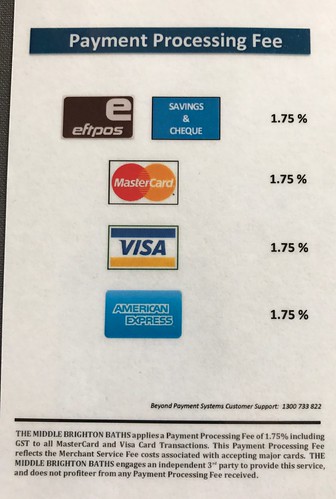When I was in sunnier climes earlier this month, I was asked a couple of times about a particularly bonkers British government policy announcement concerning card payments. More than one person from overseas regulators asked me about it, in fact. They asked me if I could explain our government’s reasoning behind their policy announcement about card payment surcharges. Which was:
From January next year, businesses will not be allowed to add any surcharges for card payments. The worst offenders currently are airlines and food delivery apps, and small businesses which typically add a fee for cards. In 2010 alone consumers spent £473m on such charges, according to estimates by the Treasury.
From Credit and debit card surcharges to be banned - BBC News
Unfortunately, I cannot. This is just plain dumb. If you are going to interfere in a market and start price-fixing, then you should do it to increase the net welfare, not to provide a hidden subsidy to the well-off. I imagine what happened is that the partner of a government minister went online to book a mini-break to Dubrovnik, searched for the cheapest flights, went to pay with their black Amex card and got upset about being charged a surcharge that they could well afford to pay. Next thing you know, it’s government policy that rich users of rewards cards must be subsidised by everyone else. Baffling.
The move will save British consumers hundreds of millions of dollars
From U.K. Bans Credit Card Surcharges, Calling Them A 'Rip-Off' : The Two-Way : NPR
Really? How? The credit card system (and all the legal protections that come with it) do not suddenly become free. British Airways still has to pay a merchant service charge (MSC) to their acquirer and the acquirer still has to pay an interchange fee (already capped by the EU). If British Airways can’t charge me an extra £2.50 for using my credit card so that I can get extra Avios, then they will simply add £1 “booking fee” or whatever to all tickets. Now, people who pay with their debit cards (who used to pay nothing extra) are paying an extra £1 and I’m paying £1.50 less and still getting my Avios.
There are two issues here: should merchants be allowed to surcharge (hint: yes) and should the government interfere in the surcharging (more on this later).
xxx
xxx

Comments
Post a Comment